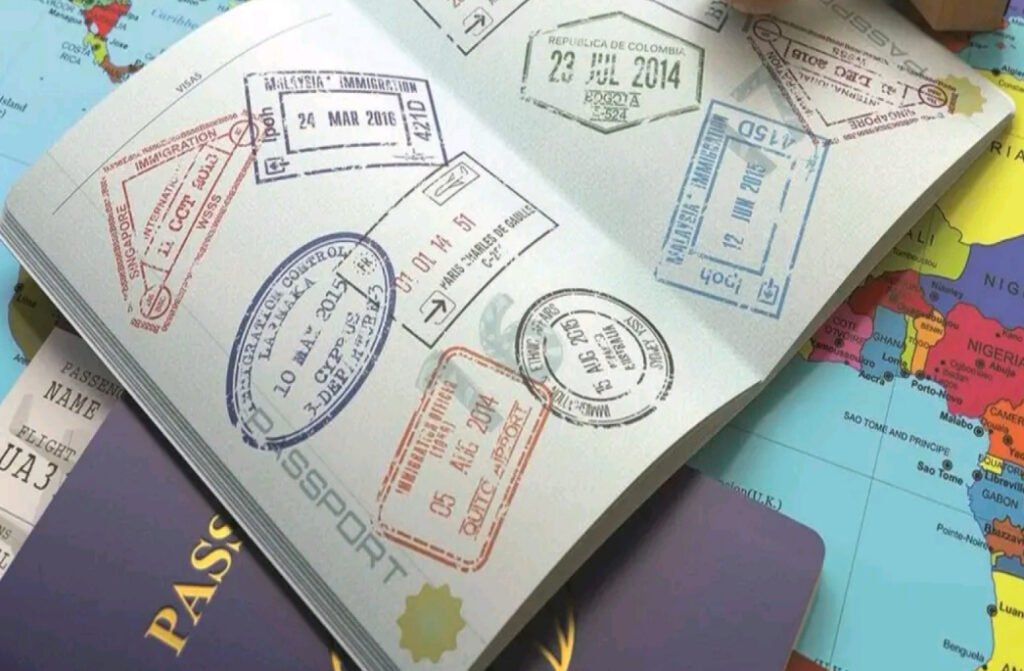In September, the Burkinabè government announced it was scrapping visa fees for all African nationals. The decision, hailed by observers as more than a technical adjustment, marked a political statement about the country’s place in the ongoing quest for continental integration.
The announcement came from Mahamadou Sana, Burkina Faso’s security minister, who declared that “any citizen from an African country wishing to go to Burkina Faso will not pay any amount to cover visa fees.” Although visitors will still need to submit an online application for approval, the removal of one of the steepest visa costs in Africa sends a clear signal of openness.
For years, Burkina Faso ranked poorly on the Africa Visa Openness Index, sliding from 23rd in 2023 to 33rd in 2024. Before this reform, African travellers had to pay as much as 55,000 CFA francs (about $100) for a tourist visa and 93,500 CFA francs (about $165) for a business entry. Those fees, analysts argued, deterred visitors, investment, and collaboration.
“If visa fees are too high, some tourists (and entrepreneurs) may decide to visit a different country that has more affordable visa fees or no visa requirements at all,” a study by the Abraham Accords Peace Institute reads.
But the new policy echoes a broader continental shift. Ghana, Rwanda, and Kenya have all relaxed entry rules in recent years, aligning with the African Continental Free Trade Area’s (AfCFTA) vision of a unified market. Ghana’s former President Nana Akufo-Addo championed that spirit in 2023 when he approved visa-free entry for all Africans, calling it a bold stride towards pan-Africanism.
Burkina Faso’s move, though less sweeping, falls squarely in that tradition. Because the country’s new policy, though not a fully visa-free regime, is another signpost on the road to integration.
Meanwhile, the timing is especially notable as Burkina Faso, along with Mali and Niger, recently withdrew from ECOWAS amid political upheaval, raising fears of deeper isolation. But by lifting visa fees, the Burkinabè government has signalled that its break from regional politics does not mean a retreat from pan-African ideals.
“This free visa system for African nationals will also help promote tourism and Burkinabè culture, and improve Burkina Faso’s visibility abroad,” Sana added, framing the move as both an economic and cultural strategy.
Evidence also suggests the benefits could be significant. Seychelles, long visa-free, has consistently recorded about 7 percent annual growth in tourist arrivals, while Mauritius, which clung to restrictions until 2013, stagnated at around 4 percent.
Meanwhile, once Mauritius liberalised, opening entry to 30 African nations and 75 countries worldwide, its tourism sector rebounded almost immediately.
“Relaxed visa policies like low cost or total removal of visa requirements can stimulate economic growth by attracting foreign exchange,” argued Seyi Adewale, CEO of Mainstream Cargo Limited.
Beyond economics, civil society groups argue the symbolism matters just as much. Pan-Africanists see visa waivers as chipping away at the colonial borders that continue to divide the continent. For entrepreneurs and researchers, the reform is also practical: smoother movement means smoother partnerships, a core ambition of AfCFTA.














